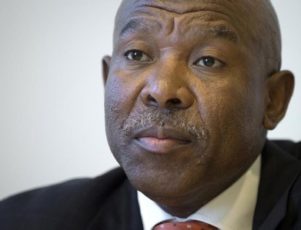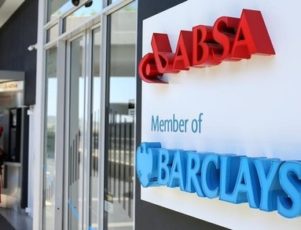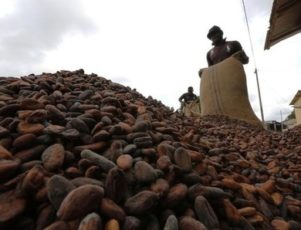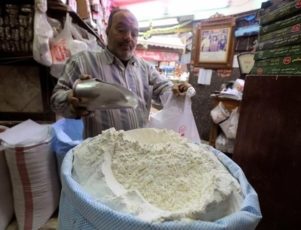JOHANNESBURG (Reuters) – South Africa’s central bank accused the head of anti-graft watchdog of incompetence on Friday, following her proposal to switch the target of its monetary policy from inflation and currency stability to economic growth.
Public Protector Busisiwe Mkhwebane set off a political row and sparked a selling frenzy in the rand currency last month when she said the Reserve Bank current mandate focuses on a “few commercial interests”.
In a scathing court filing, Governor Lesetja Kganyago said the constitutionally mandated watchdog was “reckless” and her later explanation of the report showed a lack understanding of the constitution and the central bank’s powers and functions.
“This is a grave, rudimentary error,” Kganyago said. “The only explanation that the Public Protector has offered for her clearly unlawful conduct exposes her own lack of competency.”
Opposition parties, Democratic Alliance and the Economic Freedom Fighters, have also branded Mkhwebane incompetent and urged her to resign or for parliament review her ability to execute her duties.
Public Protector spokeswoman Cleopatra Mosana rejected the accusations of incompetence, saying Mkhwebane continued to “discharge her duties as prescribed by the constitution.”
Mkhwebane has been in the job since October last year. Her proposal was also opposed in court by parliament and finance minister Malusi Gigaba, both of whom have said she over-stepped her powers.
The call threatened to further stain South Africa’s credentials as an investor-friendly emerging market, coming less than a week after mines minister Mosebenzi Zwane spooked investors by raising the minimum threshold for black ownership of mining companies to 30 percent from 26 percent.
(Reporting by Tiisetso Motsoeneng; Editing by Toby Chopra)








